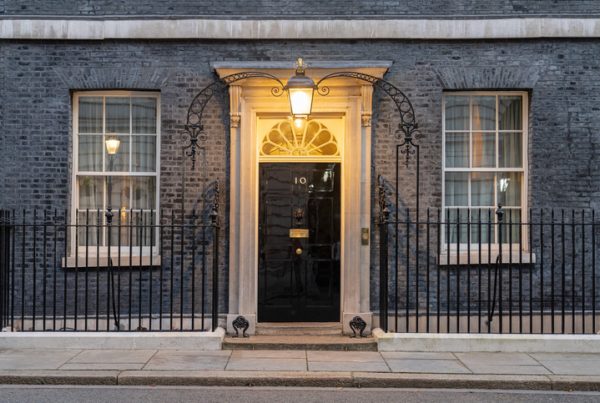By Huw Edwards, CEO of ukactive
Rishi Sunak and Keir Starmer start the year with some shared goals: one is being Prime Minister at the end of the year; the other is finding a way to spark sustained economic growth. The credibility of their plans for the latter is likely to impact the outcome of the former, as economic growth will be a dominant political issue across the year. Yet, there is a major obstacle in the way of securing economic growth which neither political leader is currently giving sufficient attention to, and that is our health, particularly that of working aged people.
Our country is facing a “pandemic of poor health”. Last year, the Times Health Commission reported ill health amongst working age people is projected to cost the UK economy approximately £150 billion a year (equivalent to 7% of GDP), an increase of 60% in the past six years. We are experiencing unprecedented economic costs and increased pressure on the NHS driven by record obesity, musculoskeletal and mental health related issues. Almost one in five people aged between 16 and 64 report having a work-limiting health issue, with a record 2.6 million now out of work due to long-term sickness. This is growing in prevalence amongst 18- to 24-year-olds, with the number leaving full time work due to sickness doubling in the last decade.
Addressing our underlying poor health needs to be a national priority for both leaders as they seek to form the next Government.
As a starting point, both leaders should look to harness the public’s increasing motivations to improve its health, and the full capability of the sport and physical activity sector to help drive public health improvements.
This week will see hundreds of thousands more people join or re-join a gym, pool, or leisure centre as they set their health ambitions for the year. Yet their motivations vary much more than the historical perception of just wanting to “get fit”. New Consumer Engagement Polling from ukactive and Savanta shows people’s motivations for taking out memberships vary between managing a health condition (55%), improving mental health and wellbeing (78%), improving confidence (75%), and preventing illness and injuries.
These areas of motivation directly match the headline public health issues we face as a nation. Many people want to improve their health and wellbeing so they can live active, fulfilling lives both at work and with family and friends. As a result, the green shoots of how we seek to improve our poor health lie in these instinctive motivations. The Government should harness this, working in partnership with the sport and physical activity sector, to help millions more people achieve their health goals.
For too long, this sector has been on the periphery of many Governments’ thinkings, too often characterised as a “nice to have”, viewed almost exclusively through the prism of major sporting events. Consequently, the substantial value the sector can provide is not being fully recognised.
No Government has ever successfully harnessed the sector to try and address workplace health, despite evidence that it should. A recent Deloitte report indicated that the potential economic benefit, in healthcare savings and increased productivity, of getting inactive workers to be active is worth up to £17 billion to the UK.
We need to see plans that go far beyond current policy positions, including full support for the integration of the sector with the NHS, addressing the long-term provision of swimming pools and leisure facilities, and reforming the tax and regulatory system that supresses the expansion ambitions of the private sector, restricting consumer uptake.
The UK is falling behind its European neighbours for levels of physical activity, but leading industry bodies in the sector are united in their ambitions to make this the most active nation in Europe. The prize is substantial, with savings of up to £1 billion in healthcare spending alongside the generation of an additional £3.6 billion per annum in GDP uplift through increased productivity.
This is an unavoidable issue which either Prime Minister Sunak or Prime Minister Starmer must begin to address in 2024. We can no longer afford to accommodate our poor national health, and how we address it must now move from the fringes to the centre of the debate about our country’s future.
To read our research that shows that over half of Brits use their gym membership to manage a health condition, click here
To read the Guardian’s exclusive coverage of the research, click here




